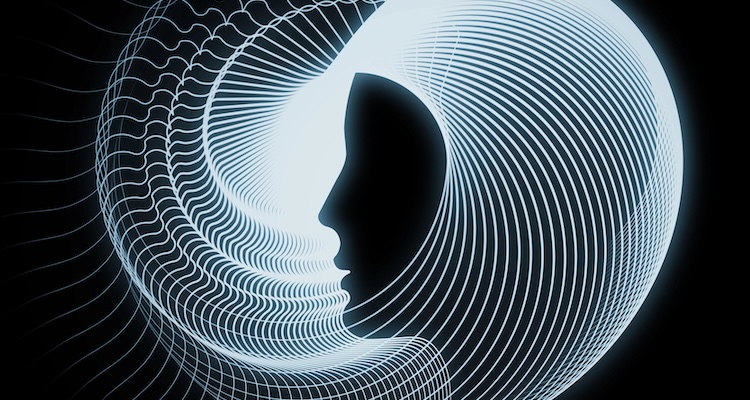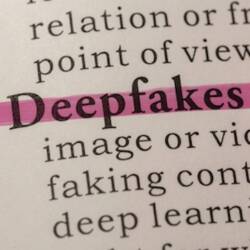A Not-So-Happy Ending? Researchers Say AI May Throw Adult Entertainment Industry For A Loop
Might be good for consumers—perhaps not so for the business side of things

In an article for The Conversation, Valerie A. Lapointe, PhD psychology candidate at Université du Québec à Montréal, and Research Fellow at the Kinsey Institute, Simon Dubé, speculate AI technology could upend the adult entertainment industry by enabling the production of more individualized content.
Not only that, but it might encourage the proliferation of nonconsensual deepfake and illegal, age-inappropriate imagery while striking at, “the jobs of sex workers and adult content creators.”
Neither disaster nor paradise
Lapointe and Dubé suggest the changes wrought by AI would probably be subtler than expected, saying, “some users will benefit, while others may be negatively impacted by it.”
But when all’s said and done, the real issue is humanity simply isn’t ready for an AI-adult entertainment revolution, “The pace of technological developments leaves little time to plan and research how to harmoniously integrate this new technology into our lives. Like in many other sectors, we are not ready for AI porn.”
RECOMMENDED READ: In the Times to Come: Imagining the Adult Entertainment of Tomorrow
On a more potentially positive side of the issue, Dubé and Lapointe, drawing attention to what appears to be the nearly exponential rise of sites such as Pornify.cc or Lustlab.ai, propose their ability for users to make their own personalized AI-generated explicit imagery could help promote sexual diversity.
Though they also write, “Unsurprisingly, however, the majority of content features women and female bodies.”
Good and not-so-good news
Drawing on their considerable expertise, Lapointe and Dubé note the power to produce whatever we desire may not be as pleasurable as we may think, that the “Highly customizable and immersive nature of AI porn could reinforce compulsive behaviors. Users may find themselves gradually drawn deeper into a world where their desires are continuously met, furthering risks of dependency or social isolation.”
This idea, unfortunately, feels too rarely discussed. After all, if you have a system capable of generating every possible erotic image or video, or as the technology further develops sensation, why would a user want the “real” thing?
By comparison, reality would be unpredictable, unalterable, confusing, and perhaps even sexually unfulfilling—at least when the alternative is having everything you want, whenever you want it.
You might liken it to a prison—a silk-lined and sensually perfumed one, but a prison nonetheless—where people lock themselves in and, heaven forbid, throw away the key.
Meanwhile, as AI-generated content may put music, art, writing, and practically every other creative outlet in financial jeopardy, so too it might hit the adult entertainment industry harder than most.
Swinging in the opposite direction, the authors are optimistic that AI-created explicit images and videos might benefit sex research “To gain a deeper understanding of the depth of human desires and fantasies and provide safe, standardized and interactive stimuli during experiments.”
From there, the technology might also be employed to possibly help alleviate a patient’s sexual anxieties or gain greater confidence while navigating their personal or social relationships.
A lot left to learn
Circling back to Lapointe and Dubé’s earlier statement, when it comes to the question of whether AI may positively or negatively affect the adult entertainment industry—we need to know more.
A lot more, as Dubé’s and Lapointe put it, “We are not ready for AI porn.”
The trouble is it’s here whether we’re prepared for it or not, which is why it’s important experts such as Lapointe and Dubé should be acknowledged—as good news or bad or somewhere between the two, the only way we’ll probably be able to deal with explicit-content producing AI-technology is by asking questions, conducting studies and researching every conceivable possibility.
But more than that, when science actually begins unwrapping at least a few of the mysteries surrounding AI-generated explicit content, we need to look at it with our eyes wide open and not blinded by any misguided desires or fears we may still cling to.
As Lapointe and Dubé rightly point out, we don’t want to get so caught up in our made-to-order erotic dreams we can’t see the truth of where we’re heading.
Image Sources: Depositphotos

















